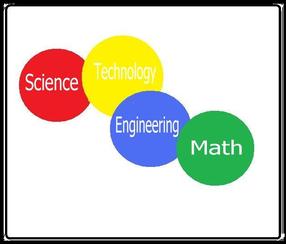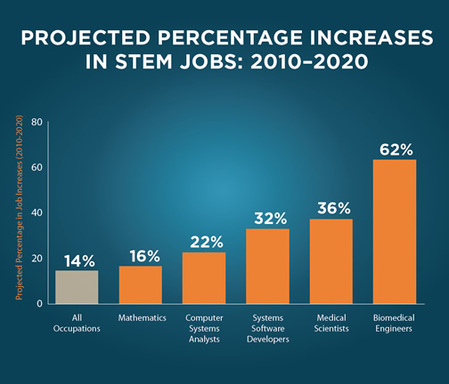
But, we are learning that when the same techniques of using rote and redundancy at the college level, many students wash-out of science and technology aspirations; (STEM, science, technology, engineering, and math). In an article in the New York Times from 2011, “Why Science Majors Change Their Minds (It’s Just So Darn Hard)”. Here. The suggestion is that the sciences should be taught differently than the more liberal arts subjects. Is that possible within the current educational system? It seems as if the process is possible but it will take time. And, it may take the time that we do not have. So, how do we change the learning/teaching paradigm that is so entrenched in our “modern” educational system? Make learning more fun, relevant, and user friendly!



 RSS Feed
RSS Feed
